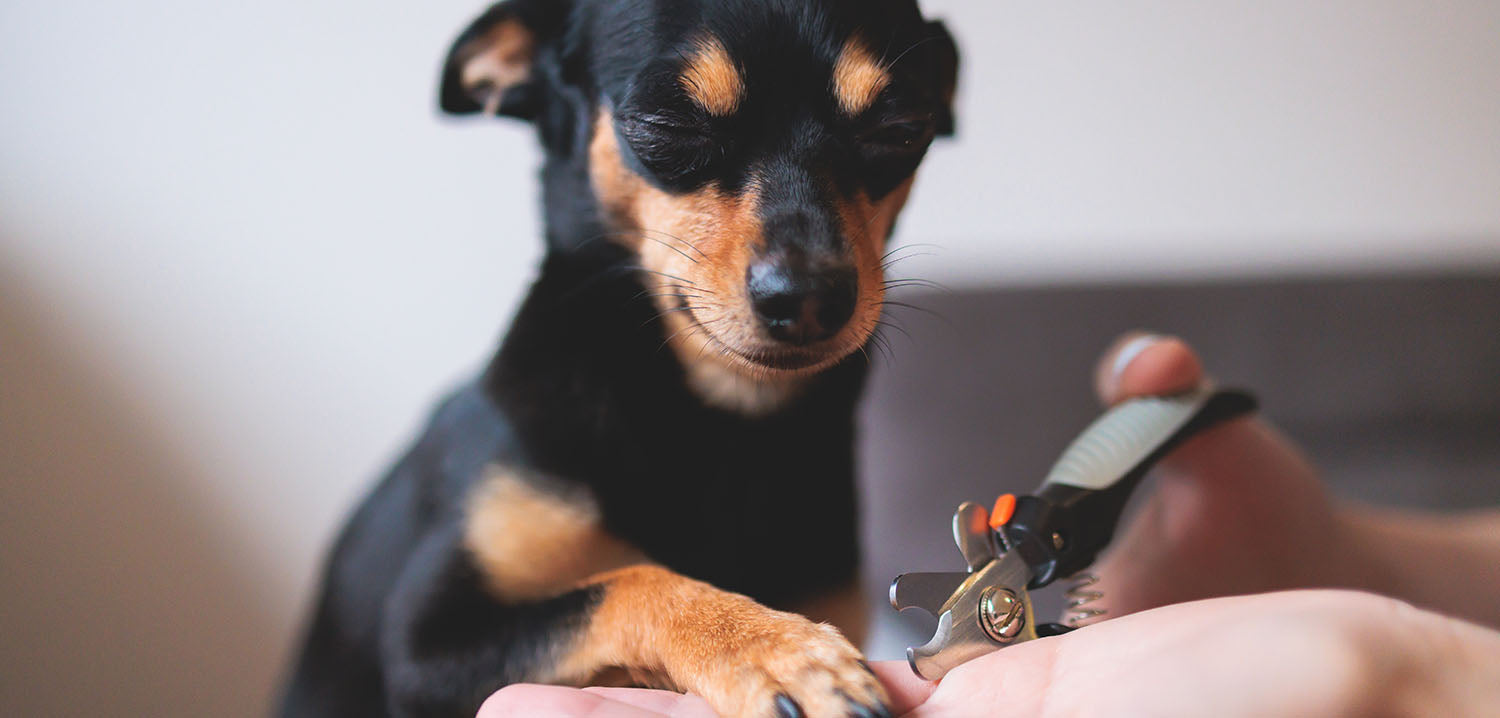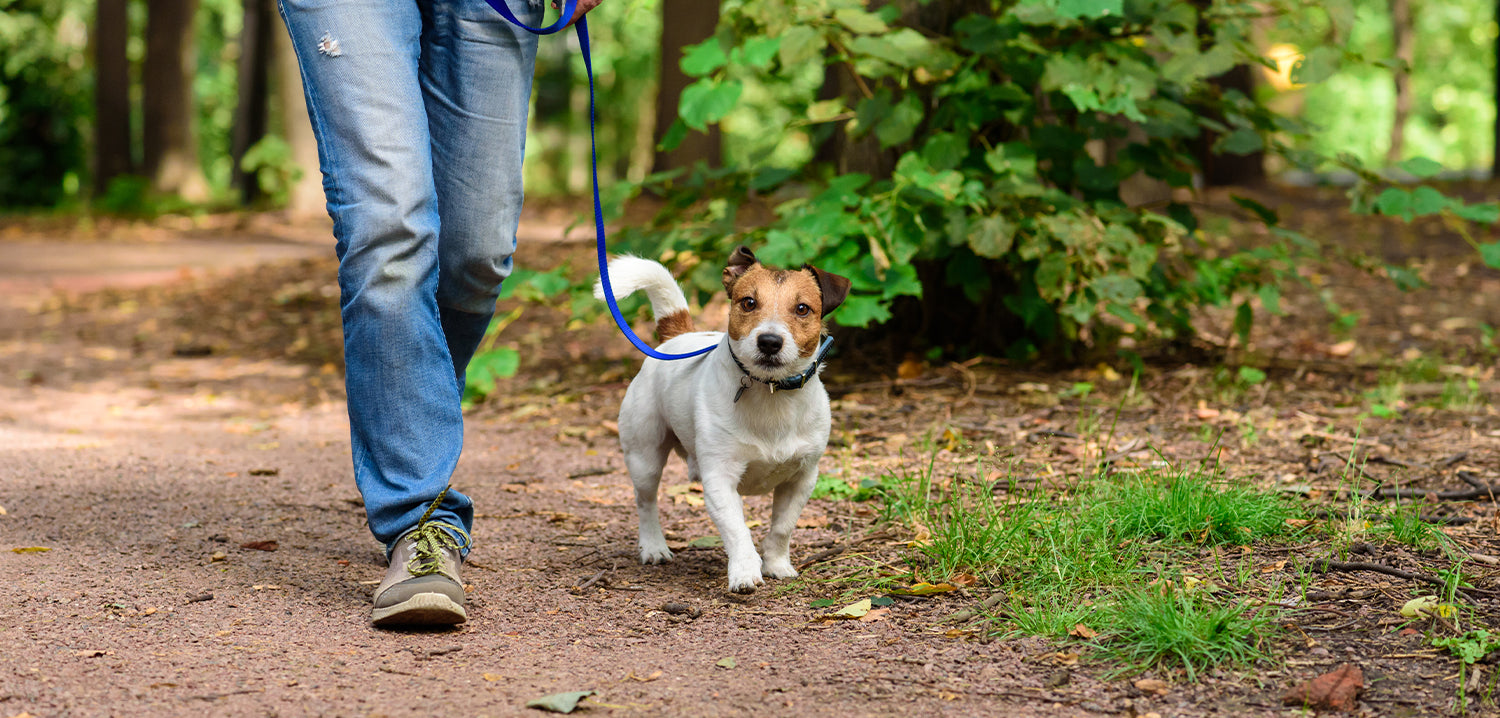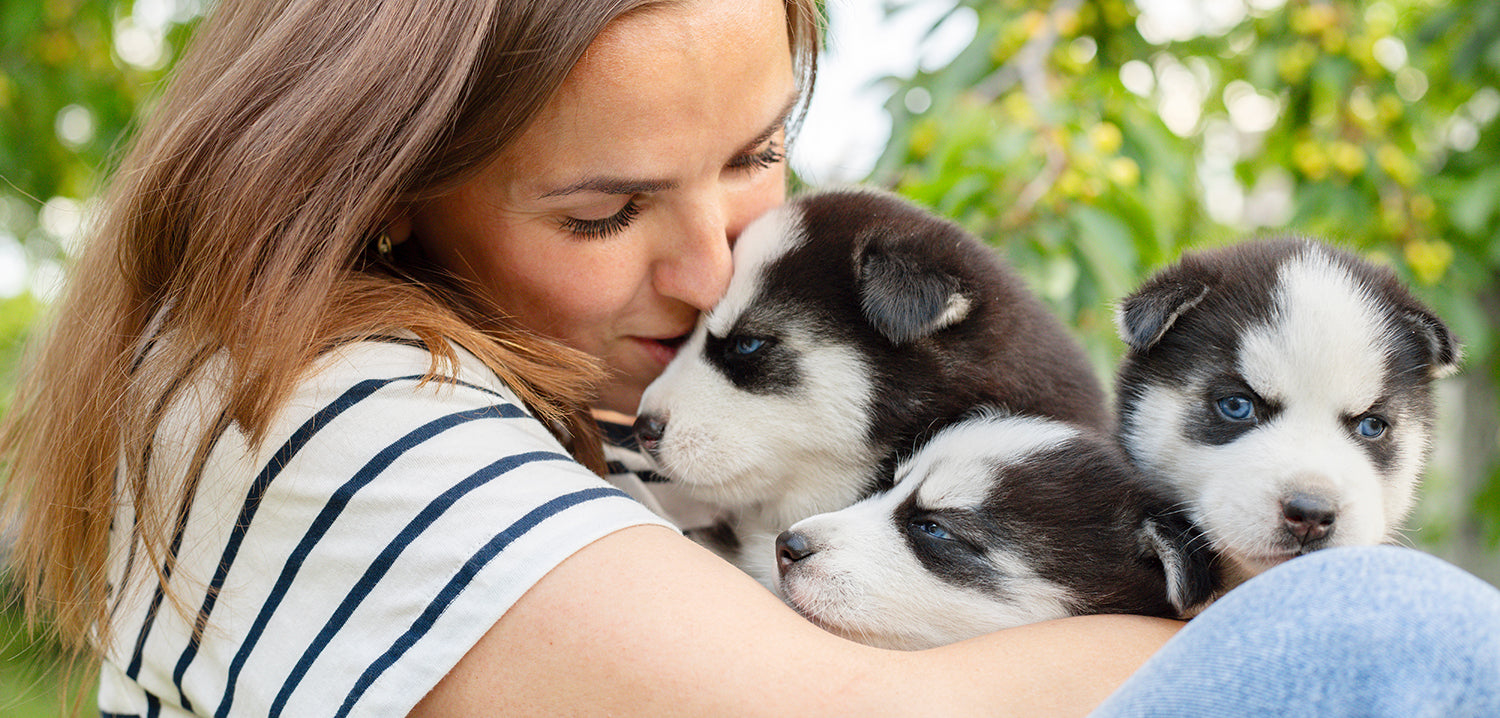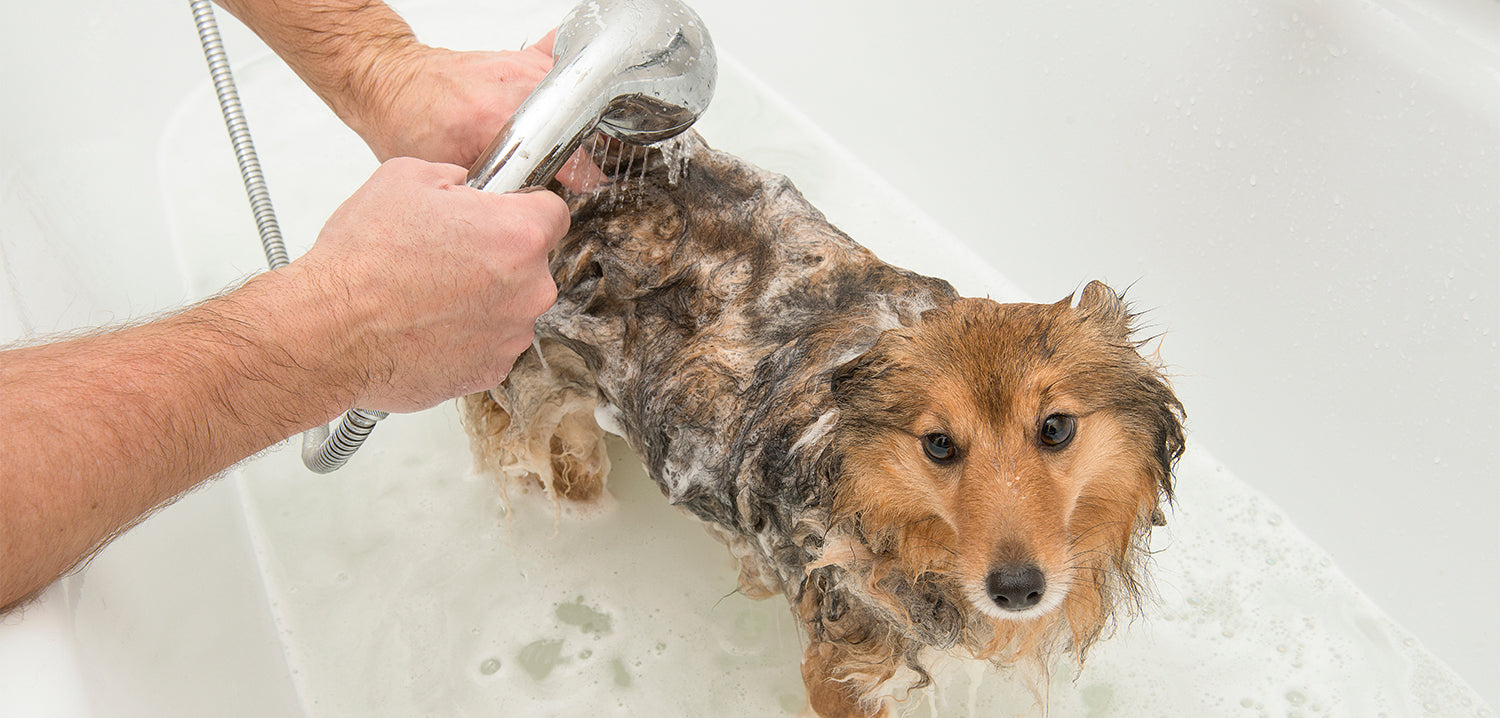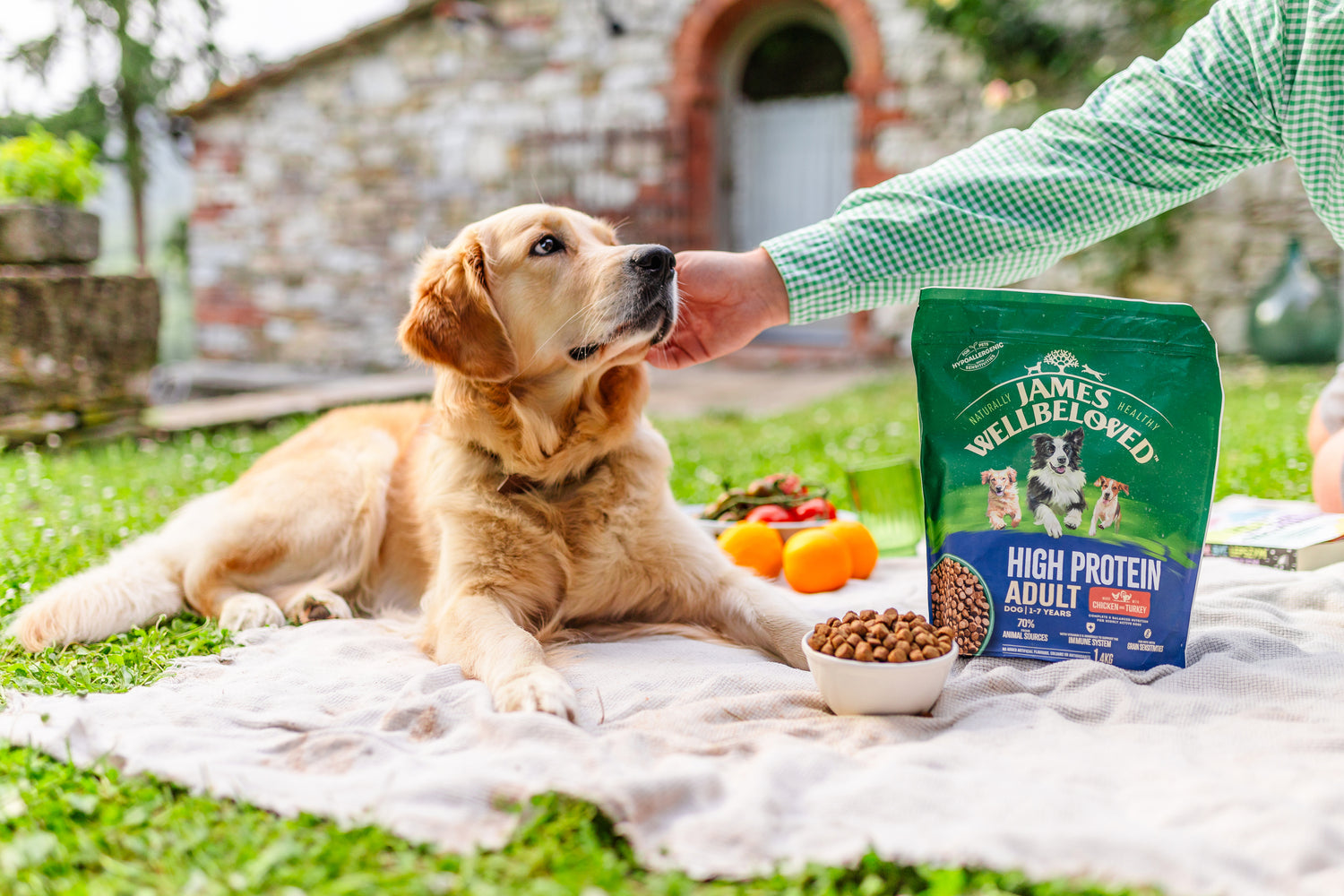Think about breed
Everyone wants a puppy that is cute and cuddly, but it’s essential to remember that a dog is for life, so consider the physical, mental and medical traits of the type of breed you would like as both a puppy and as an adult. Small puppies can become large dogs very quickly, like German Shepherds and Bernese Mountain dogs. Some breeds are very intelligent“> and require huge amounts of daily exercise, lots of play, and a great deal mental stimulation. Some have got common traits of being family friendly, like Labrador Retrievers and Irish Setters, but with good socialisation and the right temperament, all dogs can be great additions to the family unit. Knowing the traits of the individual dog, or its parents will help you to prepare your home, relevant pet insurance and the type of food they will need (here is everything you need to know about preparing for life with a puppy).
Where to adopt a puppy
When it comes to finding a puppy to adopt, you have three options:
A shelter
Avoid buying a puppy online; it can be risky and hard to confirm if the seller is reputable or not. Fortunately, finding your local shelters is easy: just use Google. Most allow you to just drop in but some might require an appointment. Many shelters will make sure that you are a suitable candidate for adopting their animal. They will want to make sure your home is puppy-proof (i.e. they can’t escape in the garden, have plenty of space to play, etc.) and they’ll want to know about you and your family to make sure you can give the puppy the care and attention it needs. Don’t take this personally – they just want to be sure your puppy is going to a loving home.
A breeder
While not every breeder needs a license, it is a legal requirement for any breeder breeding five or more litters a year to have one (three or more in Wales). If they don’t have a license, use your judgment to make sure they are breeding responsibly and safely. You could also ask if they are members of the Kennel Club Assured Breeder Scheme, which guarantees good practices are followed. Any adoptions should be completed with a contract of sale, detail about your puppy’s ancestry, any vaccinations or operations they have had and any known medical conditions.
Consider a rescue
While adopting a puppy is a wonderful experience, there are plenty of older dogs without a loving home. While you’re at the local shelter, why not stop by the kennels of some of the other residents – you might surprise yourself by meeting your new family member among them.
How much does it cost?
All shelters have their own adoption costs, which can vary depending on age and breed, and in the case of breeders, demand. Shelters will likely charge you for any recent operations and immunisations, too, so make sure to ask before you are surprised with a bill. You also need to take into account post-adoption costs when calculating your budget:
- Supplies, such as bedding, toys, water and food bowls and puppy food (click to find the puppy food that is right for your pet)
- Vaccinations
- Neuter/spay costs (optional)
- Pet insurance
These costs vary depending on your vet and local stores, so consider researching this information and budgeting before committing to adopting your new puppy.


